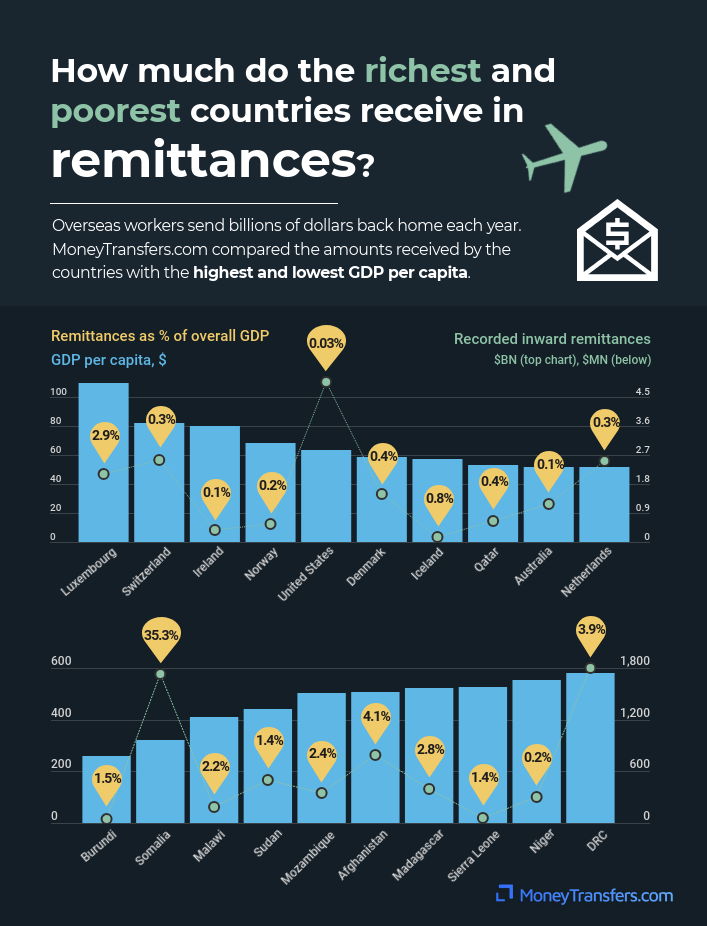What is a remittance?
A remittance is a sum of money sent or transferred to another party. The exchange is for goods, services, or as a gift and sent as a wire transfer, electronic payment system, mail, draft, or check.
Originating from the word ‘remit’, or send back, “remittances can be used for any type of payment including invoices or other obligations. But the term is typically used to refer to money sent to family members back in a person’s home country.”
Most remittances options are tied to fee’s but it can take as little as 10 minutes for the transfer to be completed. This leads to small sums of money being a waste of an exchange.
“Remittances play an increasingly large role in the economies of small and developing countries. They are also seen as an important part of disaster relief and often exceed official development assistance (ODA).”
These forms of exchange help raise the standard of living for those in foreign countries, helping fight against global poverty. Remittances “in some cases make up a significant portion of a country’s GDP.”
According to the World Bank’s 2019 Migration and Development Brief, “$529 billion in remittances were sent to low-and middle-income countries in 2018—an increase of 9.6% over the previous record high of $483 billion in 2017.”
Remittances can additionally be used to help citizens of developing countries open bank accounts which aid in stimulating economic development.
How remittances are tracked, recorded, and received are rarely made known to the public; most transfers are exchanged online but there is a chunk of money that is exchanged in ways that can’t be so easily traced.
Here is an infographic from MoneyTransfers.com

This creates concerns for financial intelligence units because “remittances are one of the ways in which money can be laundered or violent activities like terrorism can be sponsored.”
To foster transparency there are countries that only allow remittances as bank wires but according to the World Bank, banks are the most expensive channel for the transfers with fees that can be up to 11%.
Remittances are still incredibly beneficial for those transferring large sums of money to developing countries and since the pandemic, more remittance transfers are being sent than ever before.
More people are hoping to live or work in foreign countries and remittances allow the transfer of money to family and friends living abroad. Online transfers have made it simple for businesses to connect with clients, employees, and suppliers, increasing the overall use of remittances globally.
Send Money with Remitbee
Using Remitbee to send money overseas is fast, easy, and efficient. visit our website for details.
By Surina Nath